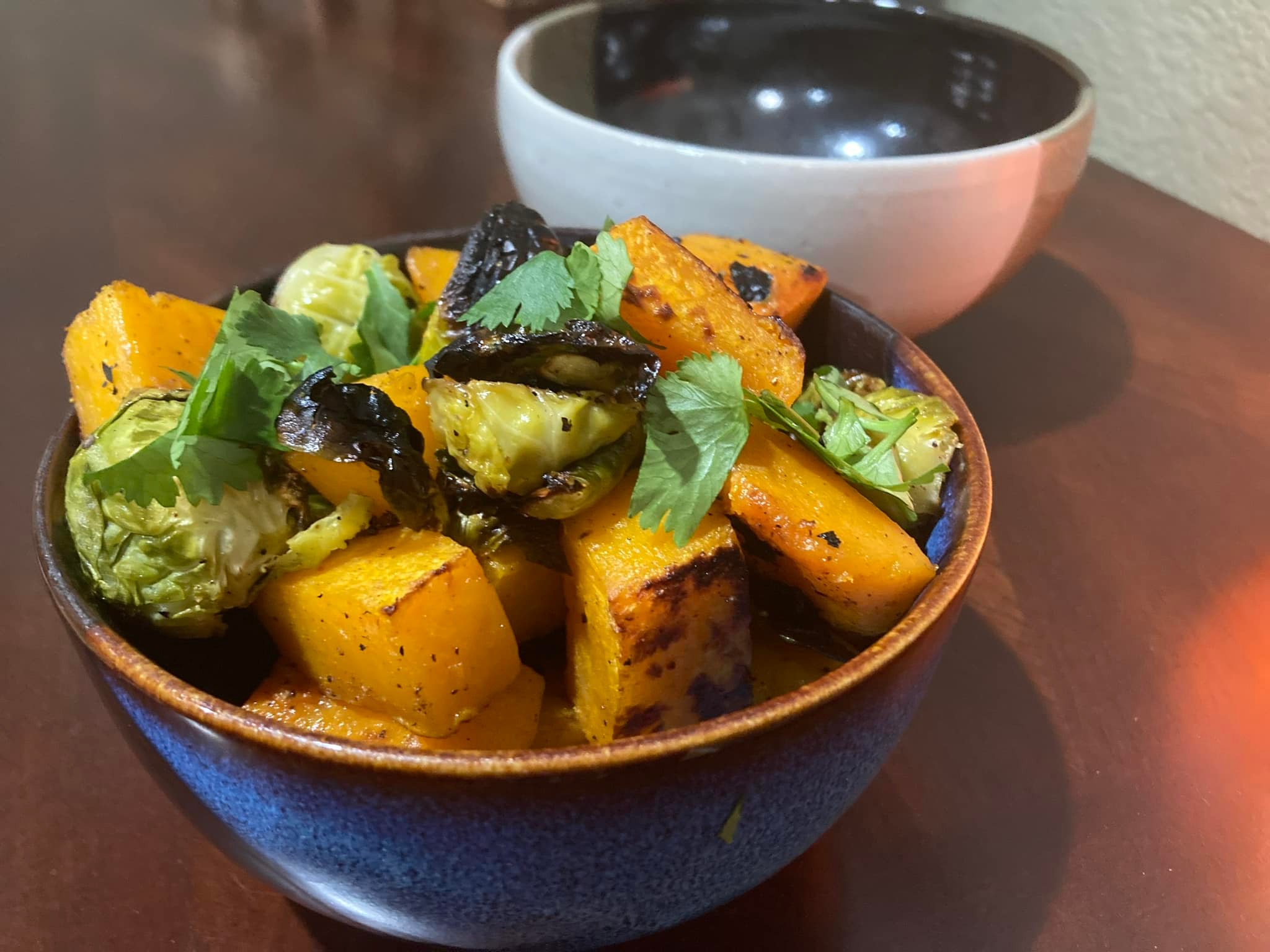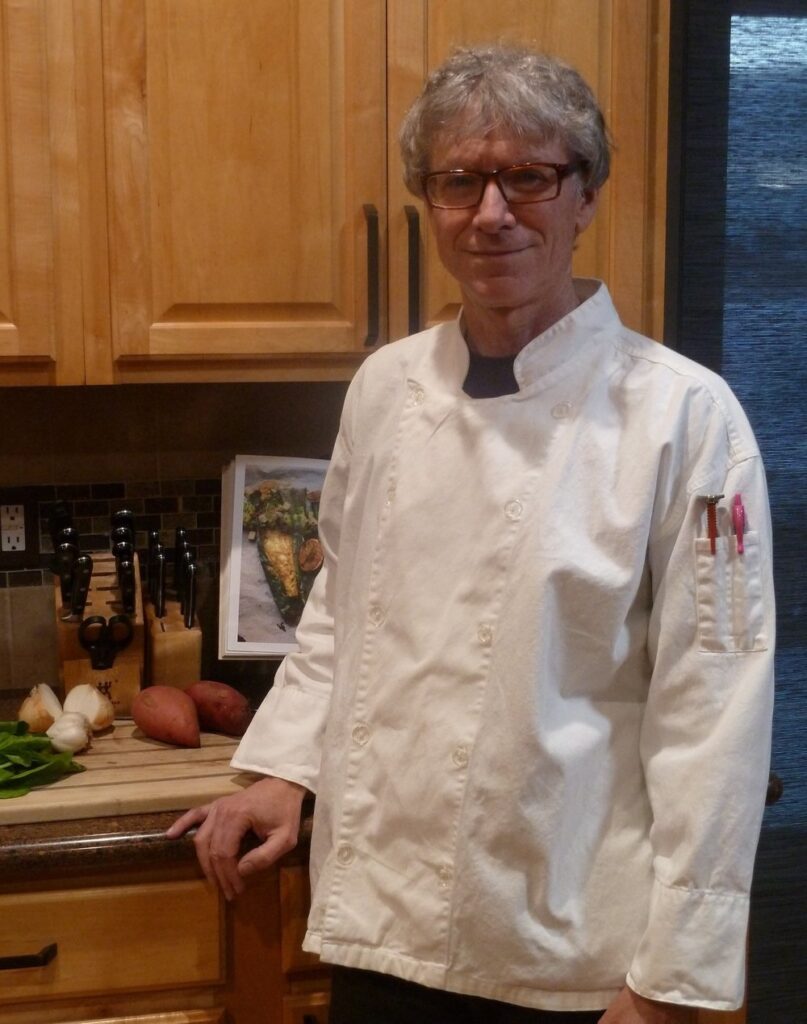
During the 30 years Glenn Lopate worked as a neurologist at Washington University in St. Louis, he prescribed powerful drugs to patients suffering from nerve damage and other diseases. He also talked with thousands of people about their dietary habits. One thing became clear to him: Ultra-processed and fast foods are the biggest threat to good health.
“Processed food — and especially sugar — is a main culprit and driver of poor eating habits,” Lopate says. “Ultra-processed food is pushed on our population. It’s made to make you want to have more. It tastes ‘good’ because it contains so much salt, fat and sugar.”
The doctor is out

Now retired from medicine, Lopate opened The Doctor’s Cuisine (thedoctorscuisine.com), a personal chef business in Longmont specializing in medically prescribed diets.
“I've liked cooking my whole life, and I was getting a little burnt out in the medical field. I retired early and went to culinary school and got a degree," he says. “I provide prepared meals for clients whether they are gluten sensitive, lactose intolerant or diabetic. One of my clients had kidney failure and another one had a digestive tract disorder."
Although he’s no longer "Dr. Lopate," if a client asks for dietary advice, he’s willing to share. “I can go into someone's house, look in their cupboard and kitchen and help them make their everyday cooking healthier,” he says.
Lopate reflects a growing trend of medical practitioners across the nation “prescribing” fresh produce and meats to patients. For lower-income patients, connections to local food banks are made.
Lopate is a volunteer cook at Longmont’s Our Center and also caters food for yoga and health-centered retreats.
It takes more than prescribing a “Just say NO” to fast food approach. That same tactic failed to reduce drug use back in the 1960s. According to Lopate, you have to understand the underlying craving and replace it with real food.
“As long as you are eating the right food,” he says, “then you can eat what you feel you need to eat and not feel deprived.”
Shop like your health depends on it
One health-enhancing life hack Lopate and many nutrition experts recommend is to only shop around the outside edge of a supermarket.
“Meat, seafood, bread, and fruits and vegetables — the fresh stuff is on the perimeter,” he says. “Minimize what you buy in the middle aisles where many of the processed foods are. If it comes in a box, try not to buy it.”
A second rule of thumb is to avoid products containing more than five ingredients, especially ones you can’t easily identify. The physician-turned-chef follows his own advice cooking in his home kitchen in Longmont.
“I like the Mediterranean diet with a couple of tweaks,” he says. “The Mediterranean diet is fruits and vegetables, whole grains, olive oil, yogurt and a little bit of meat or fish once or twice a week. There's no processed food in it at all.”
Lopate insists he’s not a dietary Grinch.“There's nothing wrong with having an indulgence every once in a while, something that's not really what you're supposed to eat because it tastes good,” he says. “Just not every day.”
